Have you ever walked into your backyard only to find it transformed into a minefield of holes by your beloved dog? It can be both hilarious and exasperating to watch your furry friend dig with wild enthusiasm, leaving you to wonder if they’re planning to tunnel all the way to the neighbor’s yard. Digging is a deep-rooted instinct for many dog breeds, and while it’s a natural behavior, it can cause plenty of headaches for owners. But here’s the good news: by understanding why certain breeds love to dig, you can channel their energy into happier, healthier activities—for both of you. Let’s discover which 15 dog breeds are the ultimate diggers and explore ways to redirect their passion for paw-powered excavation.
Jack Russell Terrier
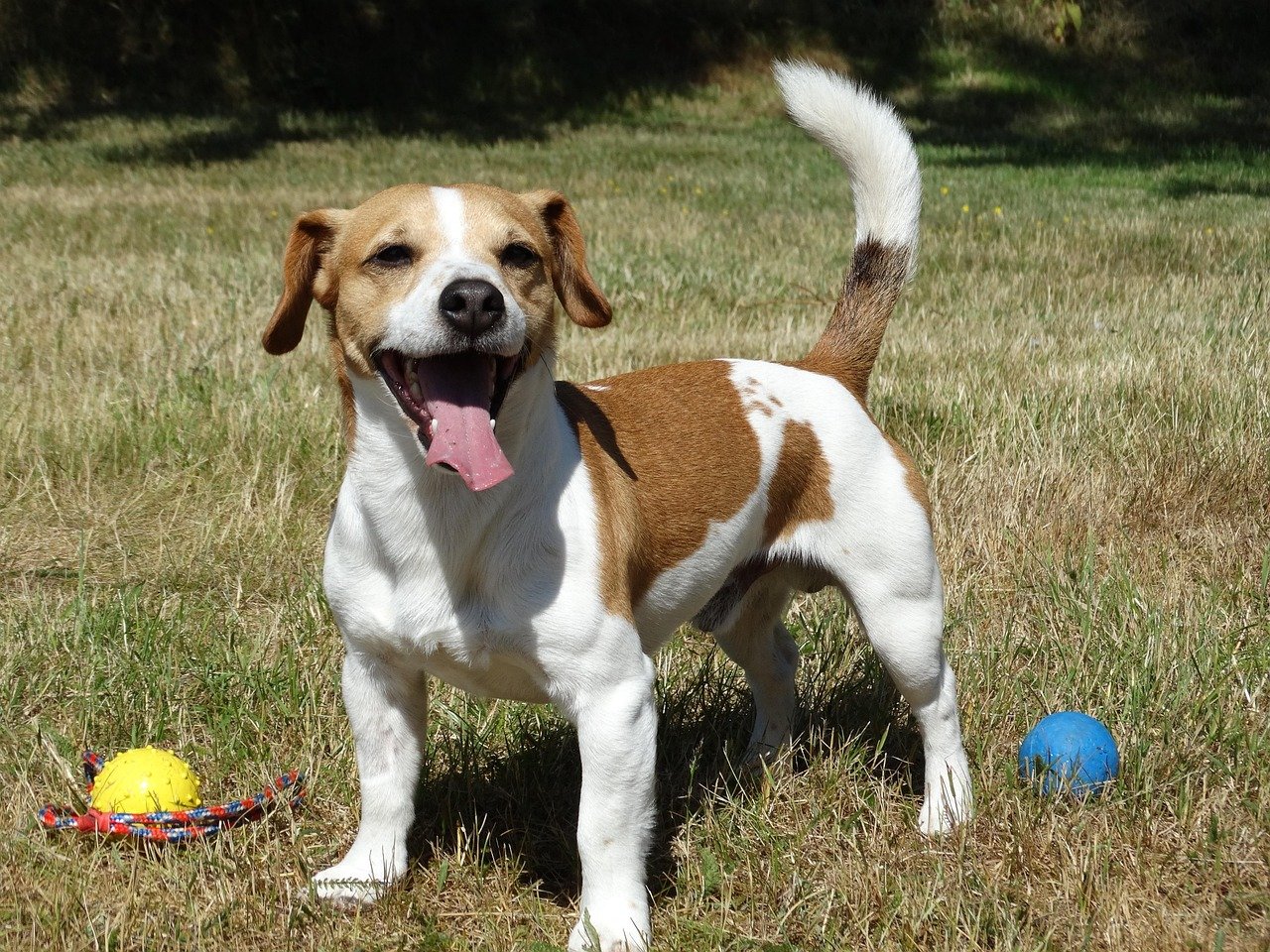
Digging is a natural instinct for many dogs, but for some breeds, it’s practically a full-time hobby. Whether they’re chasing scents, trying to escape, or simply satisfying their urge to burrow, these dogs can turn your backyard into a construction zone in no time. In this guide, we’ll dig into 15 dog breeds that are especially prone to this behavior—and more importantly, how you can redirect that energy in healthy, constructive ways.
Jack Russell Terriers might be small, but their digging ability is mighty. Originally bred for fox hunting, they have a relentless desire to burrow and chase anything that moves underground. Their sharp noses and boundless energy make them notorious for creating intricate tunnel systems in gardens. If you own a Jack Russell, you know how quickly they can turn a tidy lawn into a cratered landscape. To keep their paws busy and your garden safe, consider providing a designated digging box filled with sand or soft soil. Hide treats or toys inside to make the activity even more exciting for them. Regular agility training or scent work can also help burn off some of their energy and satisfy their instinct to seek and search.
Dachshund
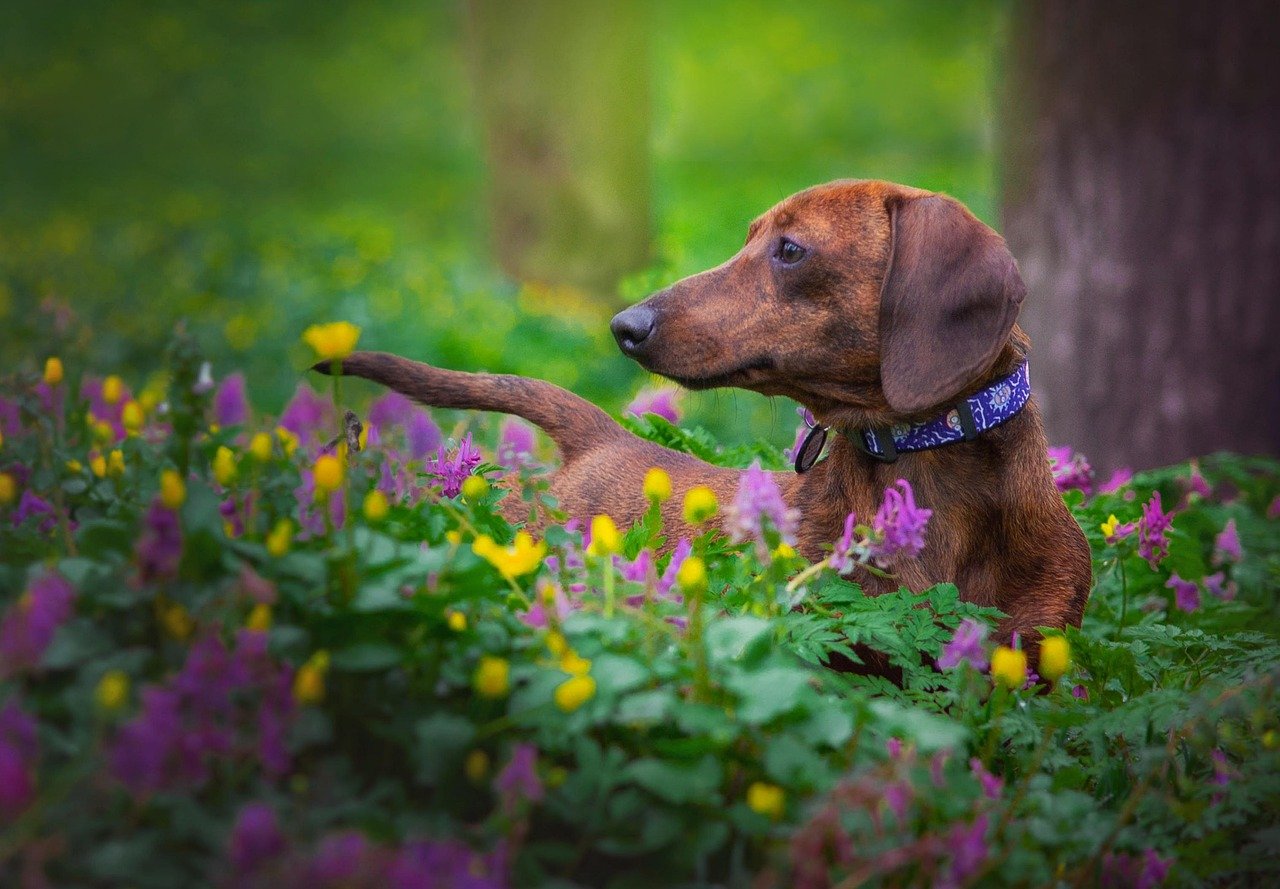
Dachshunds, with their long bodies and short legs, were specifically bred to dig out badgers from their dens. This heritage makes them natural-born diggers, always eager to unearth treasures hidden beneath the earth. If left unsupervised, they can quickly create elaborate holes, especially in soft flowerbeds. Redirecting a Dachshund’s digging behavior starts with daily walks and play sessions to tire them out. Puzzle toys and digging mats can also provide the mental stimulation they crave. If they insist on digging, allocate a safe digging area and reward them when they use it, reinforcing good habits with praise and treats.
Siberian Husky
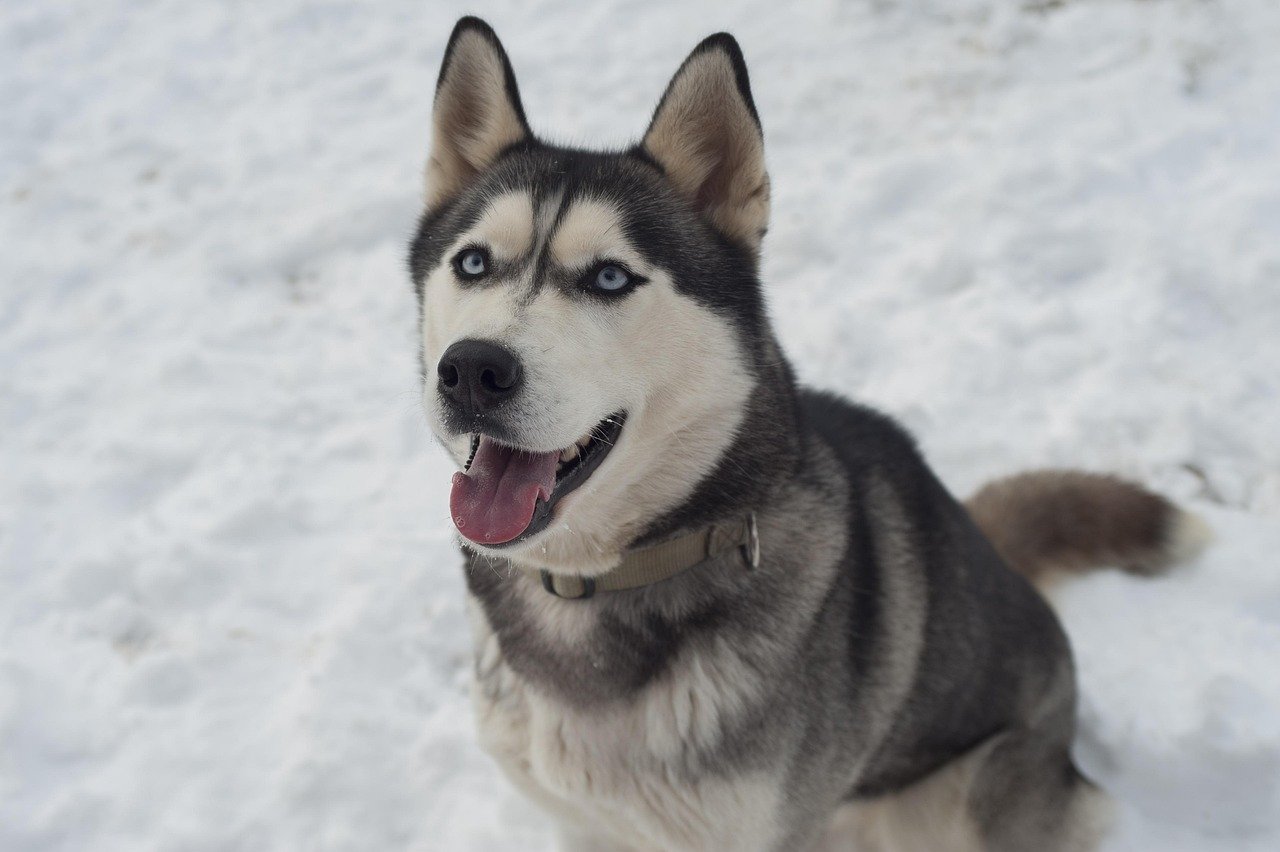
Siberian Huskies are famous for their love of digging, often using this skill to build cool spots in the ground to rest during hot weather. Their thick fur makes them prone to overheating, so digging is a way to stay comfortable. Huskies are also escape artists, sometimes digging under fences to go on adventures. To deter unwanted holes, ensure your yard is secure and offer plenty of exercise, such as long runs or pulling a sled or cart. Try giving them a shaded digging pit, or use frozen treats and water toys during summer to keep them cool and entertained.
Beagle

Beagles are scent hounds with noses that rarely leave the ground. Their powerful sense of smell drives them to dig for hidden scents, small animals, or even just out of curiosity. This behavior is rooted in their hunting past. To keep your Beagle’s paws busy, enroll them in scent detection games or tracking activities. You can also hide treats in a sandbox, allowing them to satisfy their urge to dig in a controlled way. Regular walks with plenty of sniffing opportunities will help keep their minds and noses engaged, reducing the temptation to dig up your flower beds.
Border Collie
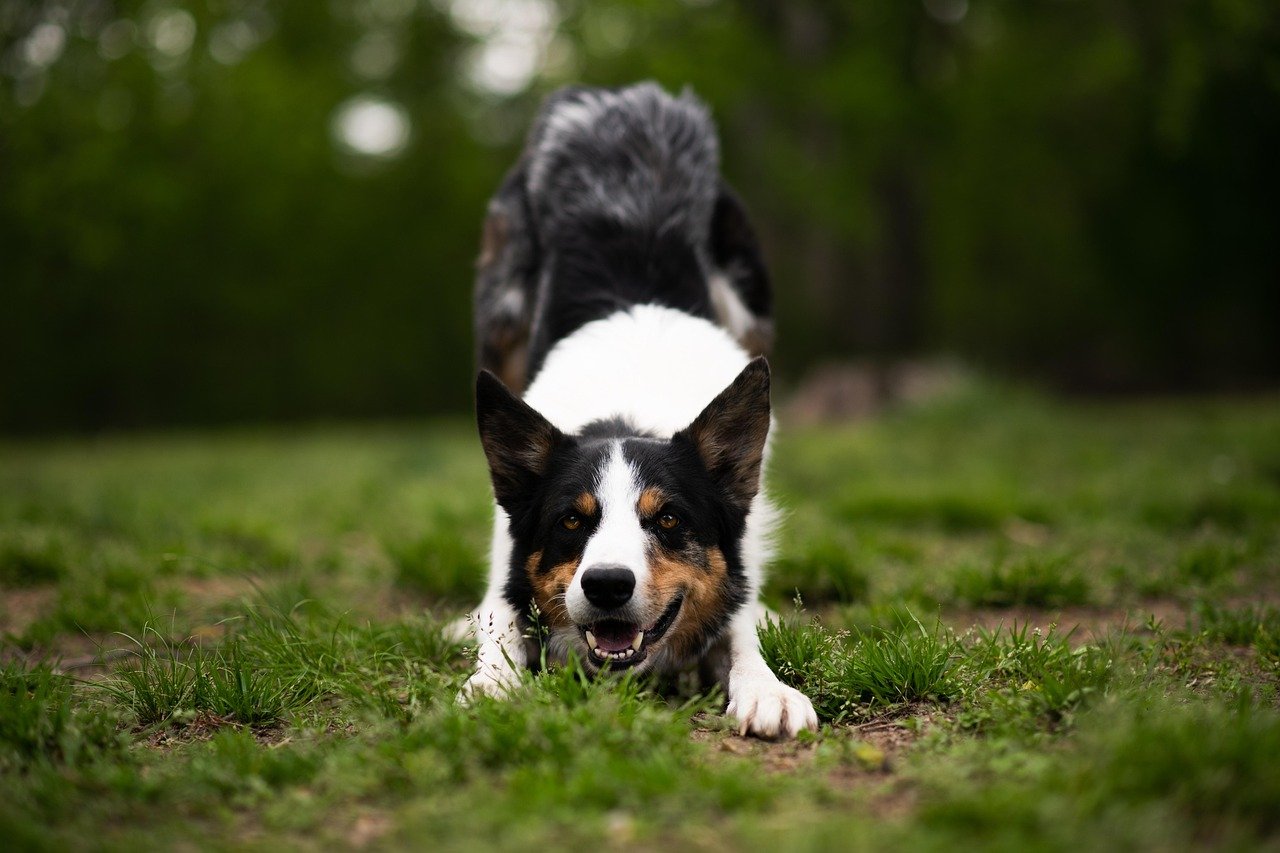
Border Collies are known for their intelligence and high energy levels. While not all Border Collies are obsessive diggers, those who become bored or anxious often turn to digging as an outlet. Providing them with challenging tasks is essential: try agility courses, frisbee sessions, or advanced obedience training. Interactive toys and puzzle feeders can also keep their minds sharp and less focused on destructive digging. If you notice your Border Collie starting to dig, redirect them immediately with another activity, teaching them that digging is less rewarding than playing with you.
Australian Shepherd

Australian Shepherds are natural workers with a strong desire to be active. Their digging habits often emerge when they’re left alone without enough to do. These athletic dogs thrive on mental and physical challenges, so consider teaching them new tricks or involving them in herding games. If possible, provide a digging zone in your yard where they can satisfy their instincts without causing havoc. A rotating collection of toys can keep their interest high, and games like hide-and-seek can help redirect their focus away from destructive digging.
West Highland White Terrier (Westie)
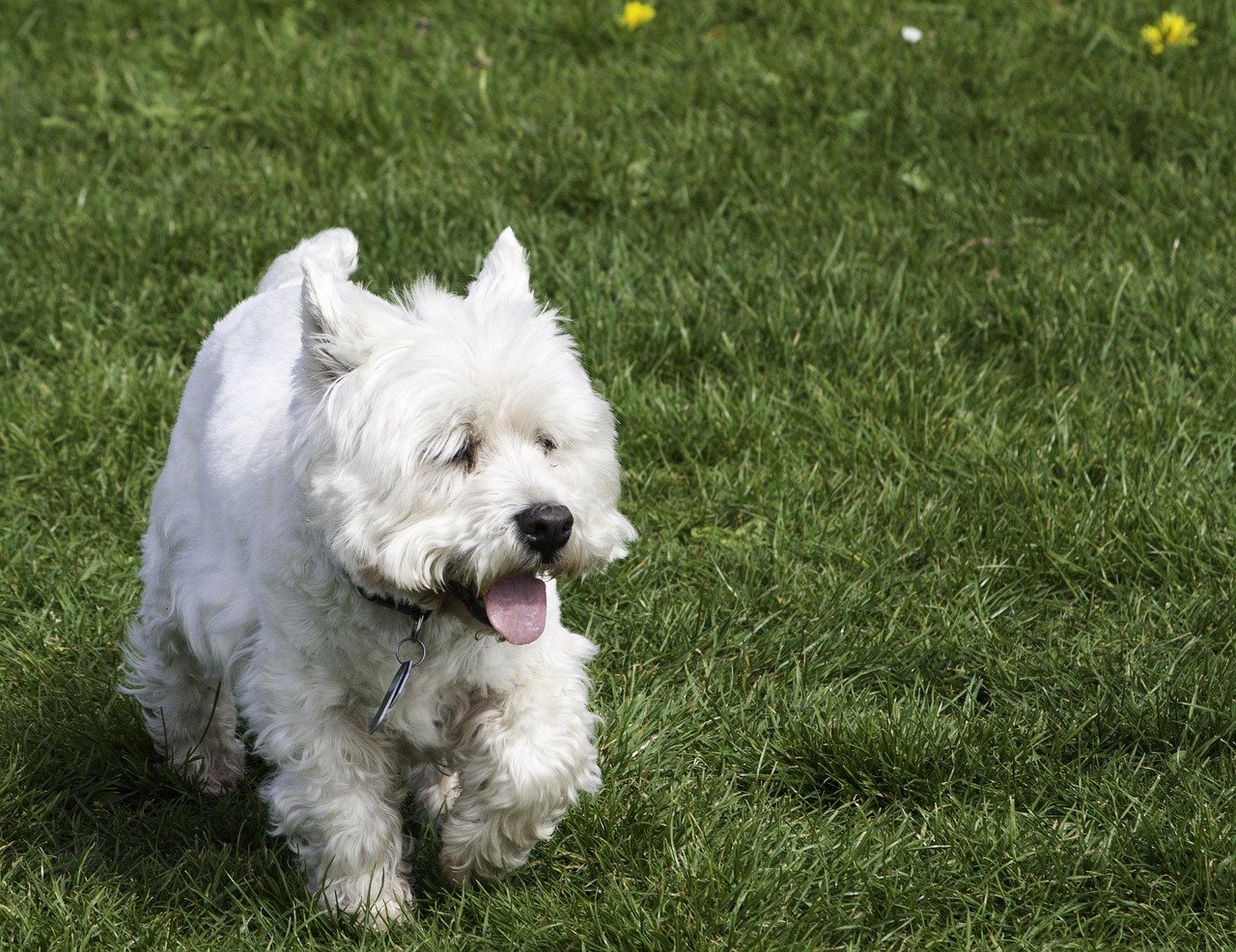
Westies were bred to hunt rodents, and digging is a skill that helped them excel at their job. Even today, they love to dig for fun or to chase after anything that might be hiding underground. If your Westie starts excavating your lawn, offer them an alternative like a sand-filled kiddie pool or a digging mat. Hide some treats or favorite toys to make the experience rewarding. Frequent walks and playtime will help burn off excess energy and reduce the urge to dig out of boredom or frustration.
Cairn Terrier
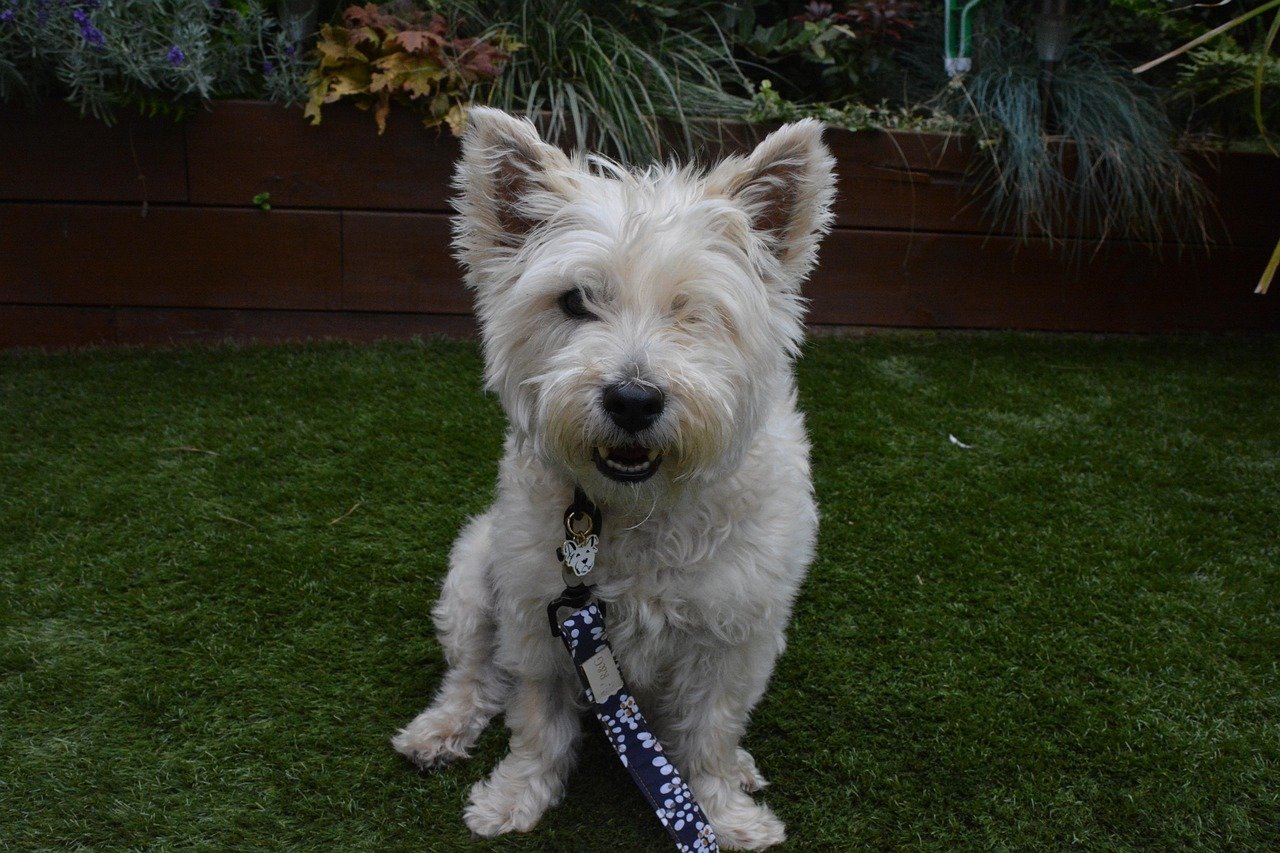
Cairn Terriers are famous for their role as Toto in “The Wizard of Oz,” but they’re also notorious for their digging prowess. Their small size and sturdy build make them excellent at tunneling for vermin. To manage their digging, create a designated digging area and teach them that it’s the only spot where digging is allowed. Keep them mentally stimulated with games that mimic hunting, such as hide-and-seek with toys. Consistent training, positive reinforcement, and plenty of outdoor exercise will help curb unwanted digging habits.
Fox Terrier
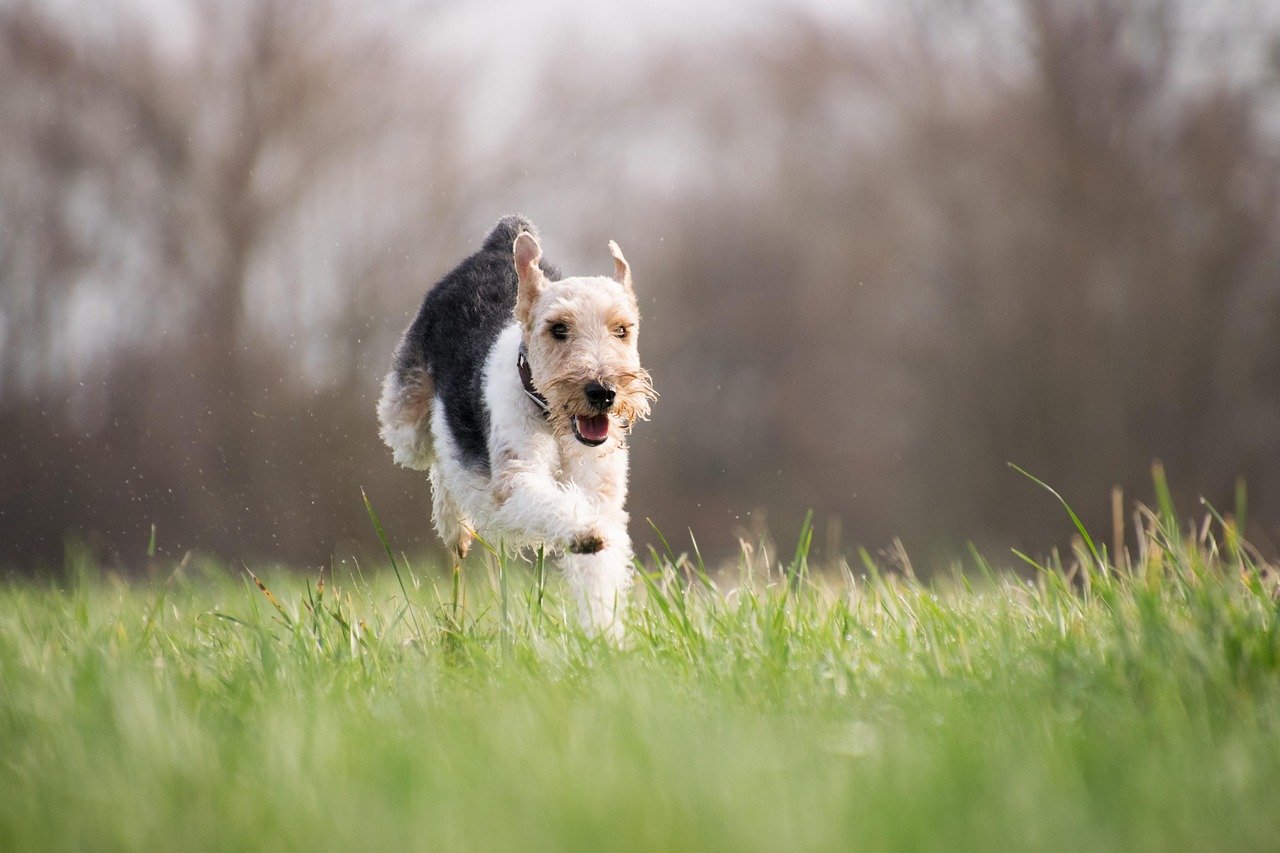
Fox Terriers are lively, curious, and always on the lookout for action. Their digging skills are a holdover from their days as fox hunters. If you see your Fox Terrier starting to dig, try redirecting them with a game of fetch or tug-of-war. A digging pit can provide a safe space for their natural behavior, especially if you bury toys or treats for them to find. Regular exercise, both mental and physical, is crucial for keeping their digging in check and ensuring they’re too tired to dig up your garden.
Alaskan Malamute
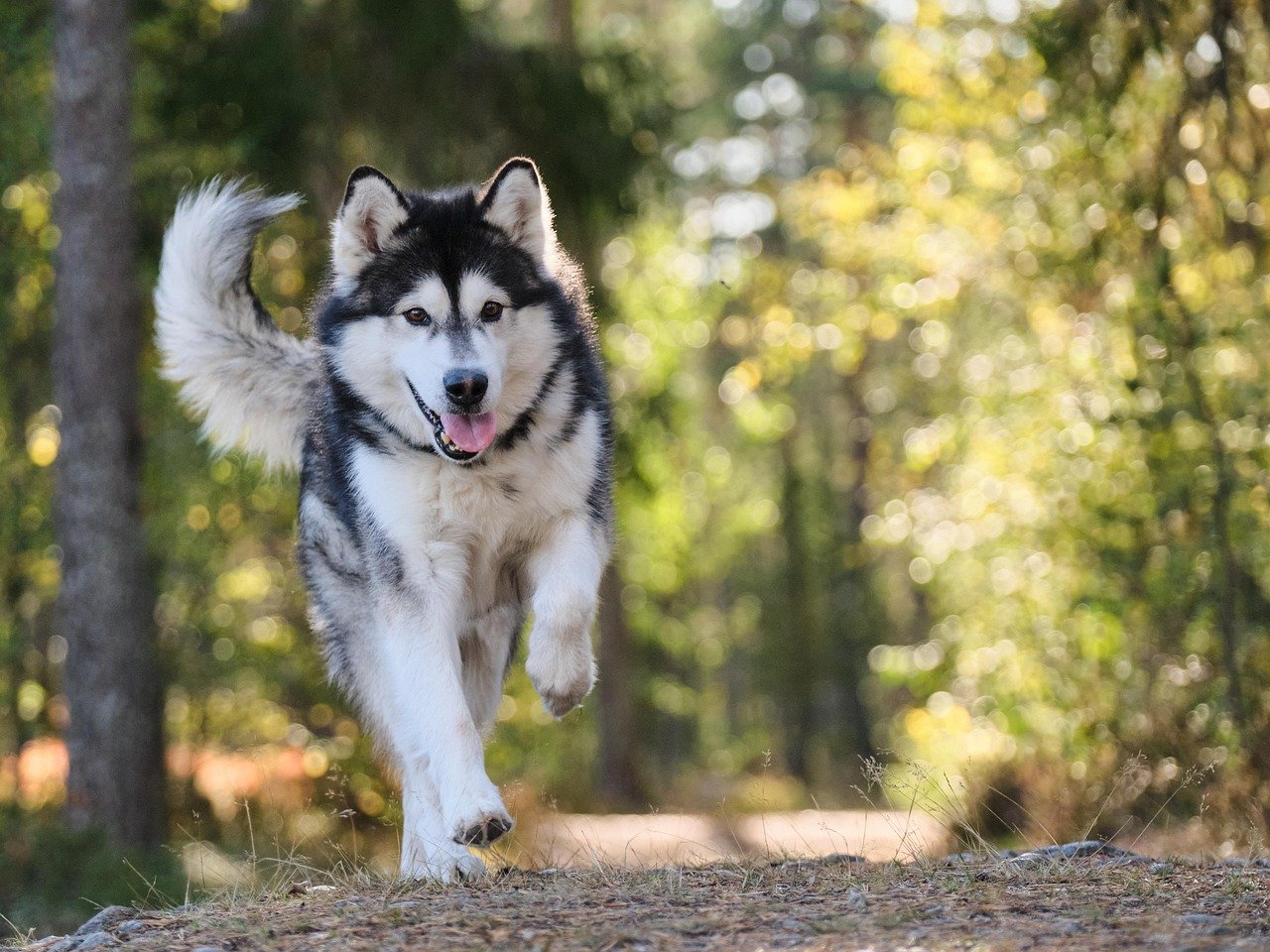
Alaskan Malamutes, like their Husky cousins, dig for comfort and entertainment. They may dig to create a cool resting place or simply to alleviate boredom. These powerful dogs need ample exercise, such as long walks, hiking, or pulling activities. Offering a shaded digging spot can help keep them cool and happy. Rotate toys and provide interactive games to keep their minds busy. If they start digging where you don’t want them to, gently lead them to their designated area and reward them for using it.
Miniature Schnauzer
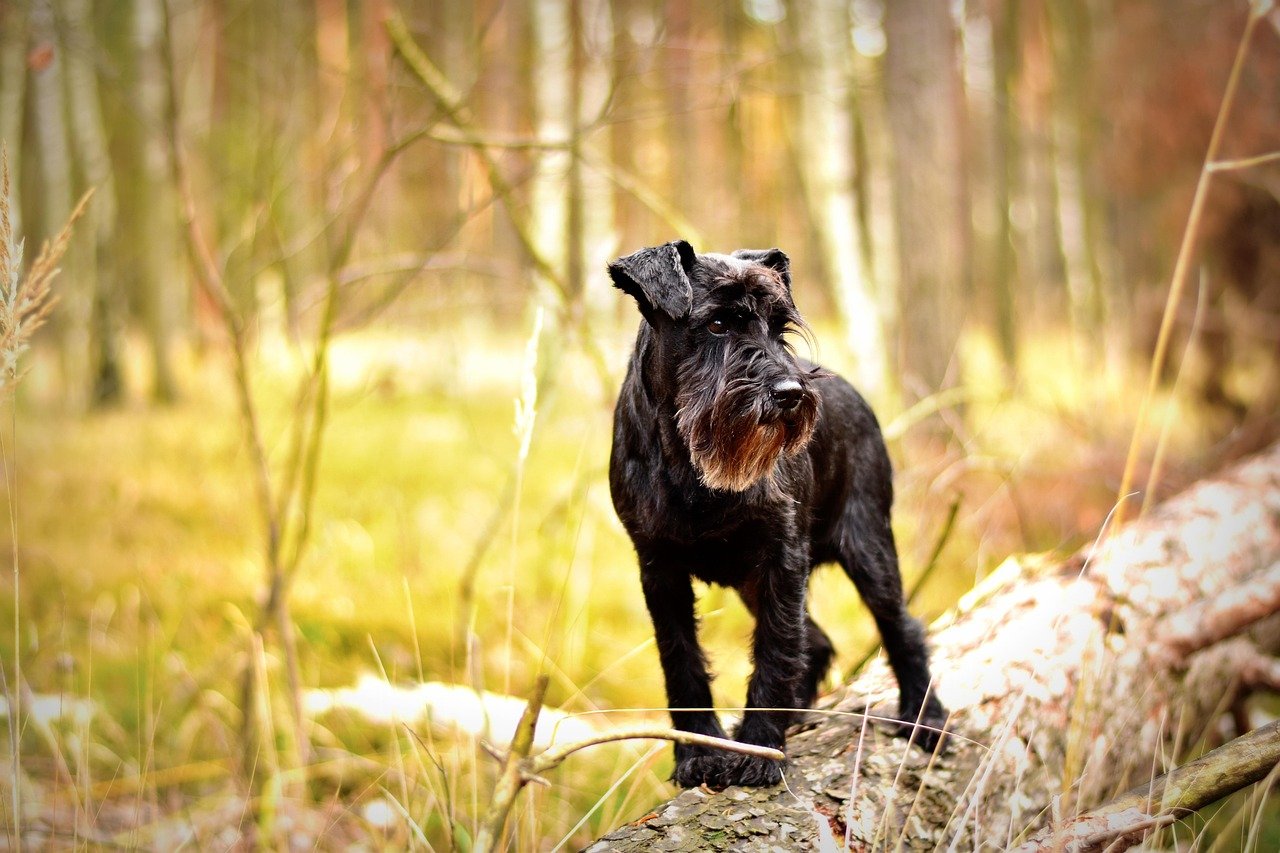
Miniature Schnauzers are alert, spirited dogs that often dig out of curiosity or to hunt for rodents. Their keen senses and quick reflexes make them excellent little excavators. To manage this behavior, try giving them puzzle toys or scent games that mimic the thrill of the hunt. A digging box filled with safe materials can provide an outlet for their instincts. Regular walks and lots of playtime will help satisfy their active minds and bodies, making your garden less appealing as a digging spot.
Staffordshire Bull Terrier
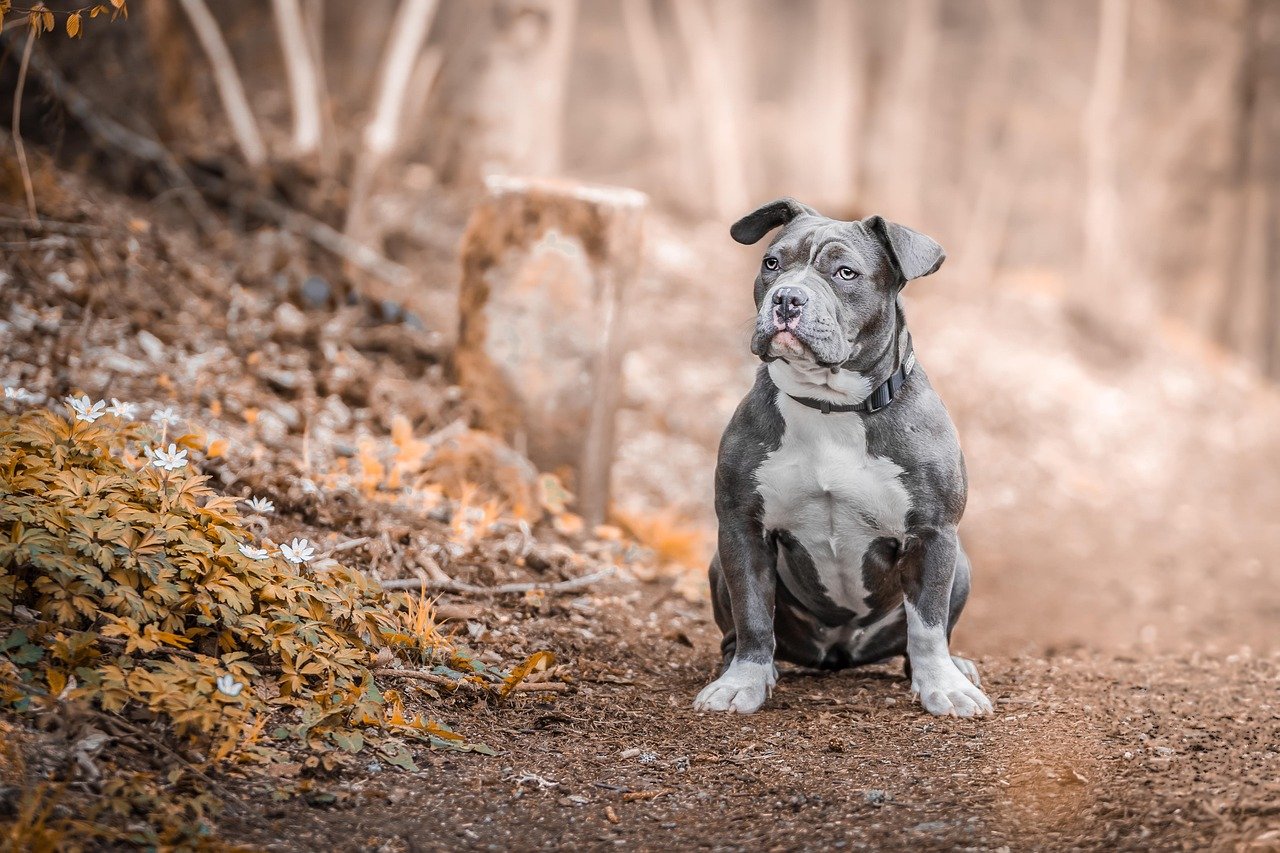
Staffordshire Bull Terriers might surprise you with their love of digging. While they’re often known for their strength and loyalty, many Staffies dig to cool off or to relieve stress. To redirect this energy, ensure they have a cool, comfortable place to relax and plenty of exercise to keep them tired and content. Tug toys and interactive games can also help channel their enthusiasm. If your Staffy insists on digging, provide a specific area for them and reward them for using it.
Yorkshire Terrier
Yorkshire Terriers may be tiny, but they have big personalities and a strong prey drive. Digging often comes naturally as they search for insects or hidden treasures. You can encourage positive behaviors by providing a digging mat or a small sandbox. Hide treats or small toys for them to find, making digging a fun game rather than a destructive habit. Daily walks and interactive play sessions will also help keep their energy in check and reduce boredom-induced digging.
Golden Retriever
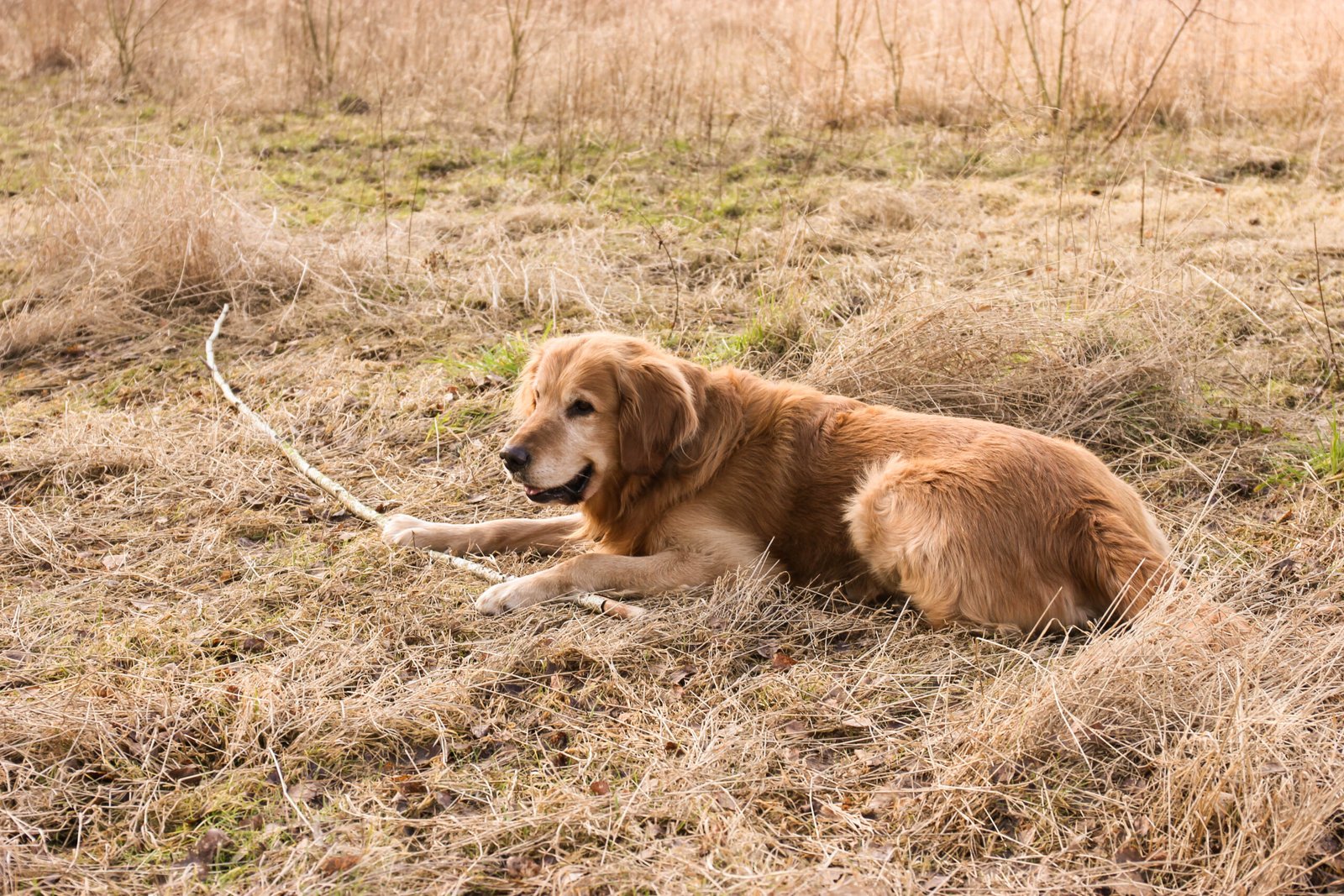
Golden Retrievers are playful, social dogs that sometimes dig out of boredom or to seek cooler ground. While not every Golden is a dedicated digger, those left alone for long periods may turn to digging as a way to entertain themselves. Keep your Golden busy with fetch games, swimming, or obedience training. Offer a shaded area with soft soil or sand for supervised digging. Puzzle feeders and rotating toys can also help occupy their time and reduce the urge to dig in unwanted areas.
Norfolk Terrier
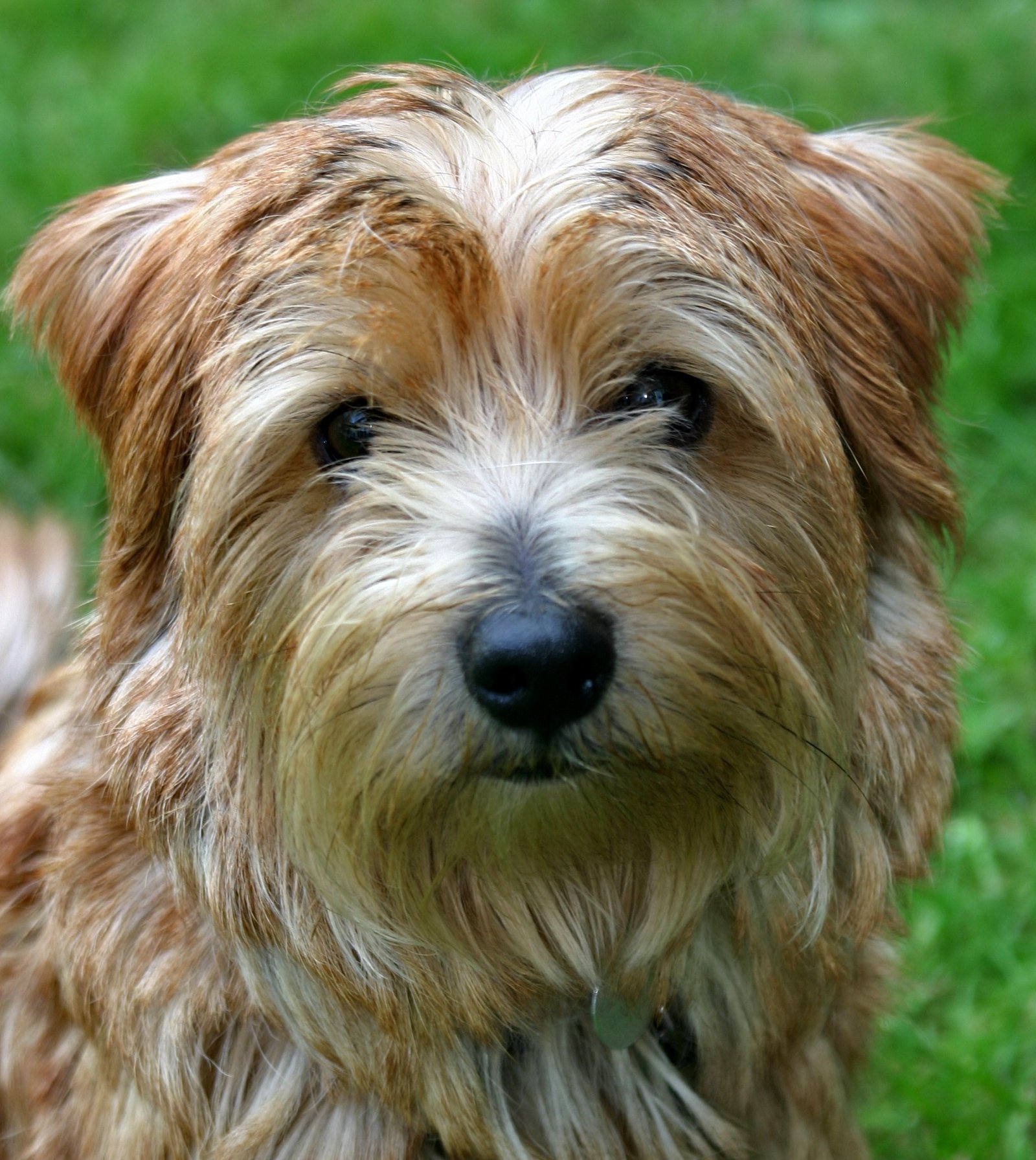
Norfolk Terriers were bred to hunt small animals, and digging is in their DNA. They are determined and clever, often digging to reach a scent or simply for the joy of it. To manage their enthusiasm, provide a digging box or mat and hide treats to make it exciting. Regular outdoor playtime and scent-based games will help satisfy their instincts. Training sessions that reward positive behavior will encourage them to use designated digging areas rather than your prized flowerbeds.
Living with a dog that loves to dig doesn’t have to be a battle. By understanding your dog’s instincts and providing healthy outlets for their energy, you can keep both your pup and your garden happy. With patience, creativity, and consistency, every dog breed—no matter how determined a digger—can learn to channel their digging passion in ways that bring joy instead of frustration.






